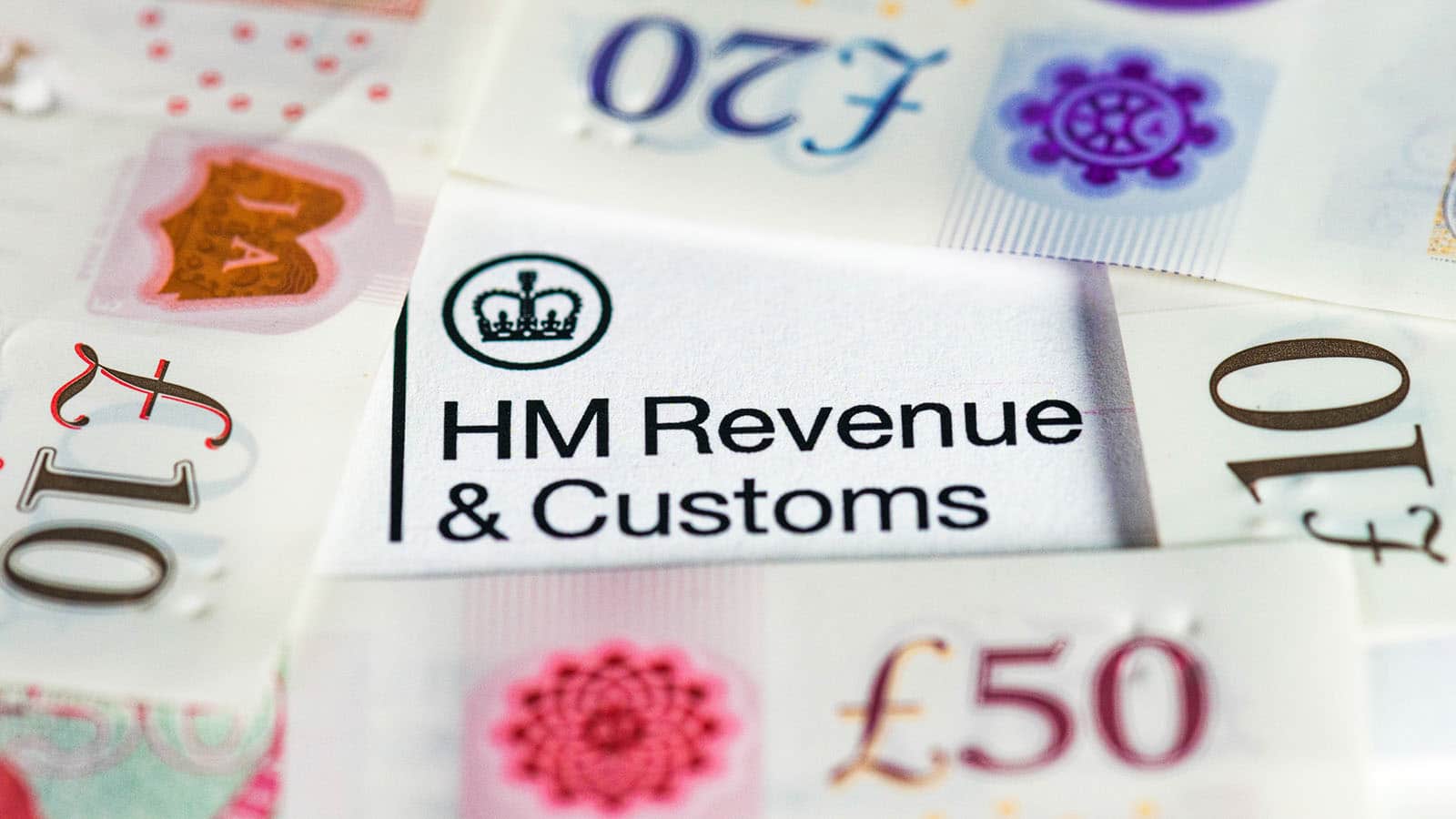Reporting ESG Violations Under the Dodd-Frank Act and SEC Whistleblower Program
The Dodd-Frank Act includes provisions to protect whistleblowers who report violations of securities laws, including ESG issues. Whistleblowers who report ESG fraud may be eligible for awards under the SEC Whistleblower Program.
May 14, 2025

This information is provided for educational purposes only by Kohn, Kohn & Colapinto and does not constitute legal advice. No attorney-client relationship is created by accessing this content. Laws and regulations may change, and this material may not reflect the most current legal developments. If you believe you have a whistleblower claim, consult a qualified attorney to discuss your specific circumstances.
Financial companies all over the world are increasing their focus on Environemental, Social, and Governance (ESG), which aim to create a more sustainable future.
However, some companies are using ESG as window dressing while the engaging in fraudulent practices that are contrary to the goals of ESG. This might include making false or exaggerated claims, greenwashing, data manipulation, carbon offset fraud, and many other unethical practices.
The Dodd-Frank Act provides protections for whistleblowers who report violations of securities law, especially those related to ESG fraud. Whistleblowers may also be eligible for an award when they voluntarily provide the SEC with original, timely, and credible information that leads to a successful enforcement action. Whistleblower awards can range from 10-30% of the money collected when the monetary sanctions exceed $1 million.
The following guide will provide you with information about the types of ESG violations that occur, and which can be reported under the SEC Whistleblower Program. We’ll also go over the steps one might take in reporting a violation, and information regarding awards. Continue reading to learn more!
“Human capital, human rights, climate change – these issues are fundamental to our markets, and investors want to and can help drive sustainable solutions on these issues. We see that unmistakably in shifts in capital toward ESG investing, we see it in investor demands for disclosure on these issues, we see it increasingly reflected on corporate proxy ballots, and we see it in corporate recognition that consumers and investors alike are watching corporate responses to these issues more closely than ever”
A Climate for Change:
Meeting Investor Demand for Climate and ESG Information at the SEC
Speech at the Center for American Progress as SEC Commissioner
March 15, 2021
Read Full Speech
Former Commissioner Allison Herren Lee leads KKC’s groundbreaking efforts to ensure that SEC rules governing environmental ESG issues are strictly enforced, and that whistleblowers who raise ESG issues can benefit from the best representation available anywhere in the United States.
Types of ESG Violations
The Dodd-Frank Act includes provisions to protect whistleblowers who report violations of securities laws, including violations related to environmental, social, and governance (ESG) issues. Some examples of ESG violations that may be reported under the SEC Whistleblower Program include:
Environmental Violations
Companies involved in illegal pollution, fail to disclose environmental risks, or violate environmental regulations may be subject to reporting under the whistleblower program. For example, a whistleblower could report a company that knowingly releases toxic chemicals into a nearby water source.
Social Violations
Companies that engage in discriminatory practices, violate labor laws, or engage in human rights abuses may be reported under the whistleblower program. For example, a whistleblower could report a company that knowingly uses child labor in its supply chain.
Governance Violations
Companies that commit financial fraud, misrepresent financial information, or engage in other governance violations may be reported under the whistleblower program. For example, a whistleblower could report a company that falsely represents its ESG practices in order to attract investment.
It’s important to note that these are just a few examples of the types of violations that may be reported under the SEC Whistleblower Program.
Reporting ESG Violations
If you suspect ESG fraud, you should contact a whistleblower attorney to discuss your options.
Whistleblower Awards for Reporting ESG Violations
Whistleblowers who provide the SEC with original, timely, and credible information that leads to a successful enforcement action may be eligible for an award under whistleblower laws such as the Dodd-Frank Act and the Securities and Exchange Commission (SEC) Whistleblower Program. This award can range from 10% to 30% of the monetary penalties imposed in the case.
Protections for Reporting ESG Violations
Keep in mind, ESG whistleblowers are also protected by various federal and state whistleblower laws, which prohibit retaliation by employers against whistleblowers who report ESG fraud. Whistleblowers who experience retaliation may, in addition to awards, be entitled to reinstatement, back pay, and other remedies under these laws. Whistleblowers may submit their tips anonymously.
Award Eligibility
Becoming eligible means that the information submitted must be original, timely, and credible, and submitted voluntarilty. Meaning, the information must be very comprehensive and not yet know to anyone else. The become eligible for an award, the information provided must lead to penalties exceeding $1 million. However, to be eligible for an award, whistleblowers must have an attorney represent them in connection with their submission.
Statute of Limitations
It is important to act quickly, as there may be a limited window of time to report the fraud and qualify for an award. Generally speaking, a whistleblower must file their claim within five years of the date the violation occurred or was discovered. If the violation is a fraud, the statute of limitations can be extended to six years. If the violation involves a covered person, such as an officer or director of a public company, the statute of limitations can be extended to seven years.
Recent SEC ESG Enforcement
Goldman Sachs ESG Failures (2022)
The Securities and Exchange Commission (SEC) fined Goldman Sachs Asset Management (GSAM) $4 million for failing to adhere to its own policies and procedures regarding Environmental, Social, and Governance (ESG) investments. The SEC found that GSAM’s ESG research practices for two mutual funds and a separately managed account strategy were inconsistent with its stated policies.
The SEC’s investigation revealed that GSAM’s personnel often completed ESG questionnaires for securities after they had already been selected for inclusion in the investment portfolios. Additionally, the company failed to consistently follow its policies and procedures for ESG research, leading to misleading information being shared with investors.
BNY Mellon (2022)
The Securities and Exchange Commission (SEC) has fined BNY Mellon Investment Adviser $1.5 million for making misleading statements about its ESG investment practices. The SEC found that the company had represented to investors that all investments in certain mutual funds underwent an ESG quality review, which was not always the case.
Compass Minerals (2022)
The Securities and Exchange Commission (SEC) has fined Compass Minerals International Inc. $12 million for misleading investors about its operations and failing to disclose potential financial risks.
The SEC found that Compass made misleading statements about the cost-saving benefits of a technology upgrade at its Goderich mine and overstated the amount of salt it could produce. Additionally, the company failed to properly assess and disclose the financial risks associated with mercury contamination at a former facility in Brazil.




